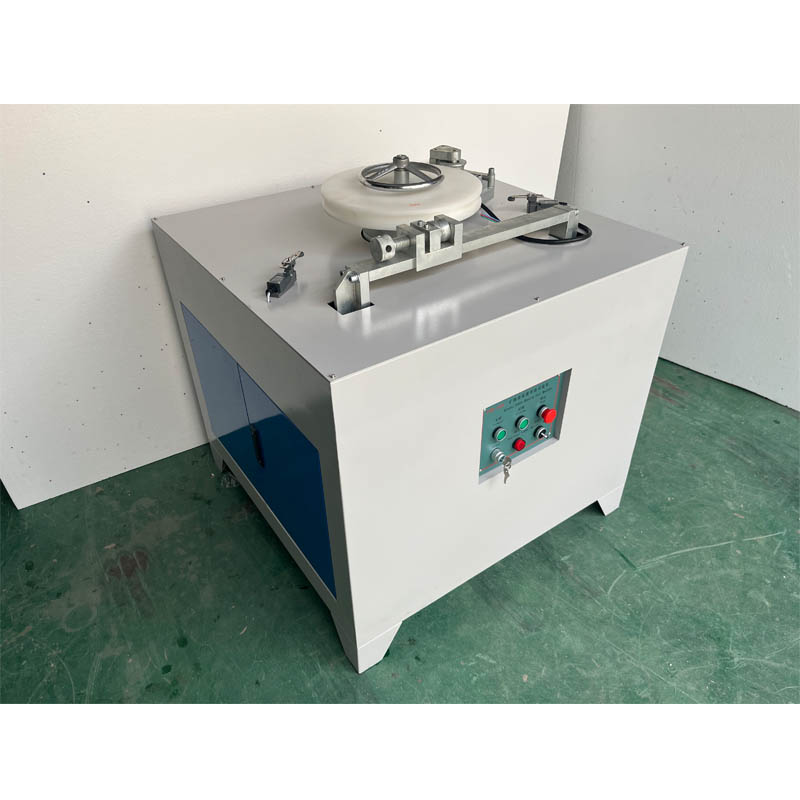Suppliers of Devices for Measuring Electrical Resistance Efficiently and Accurately
Machines to Measure Resistance An Overview of Suppliers and Technologies
The measurement of electrical resistance is a fundamental aspect of both industrial and laboratory applications. Resistance measurement plays a crucial role in ensuring the quality and reliability of electrical components, systems, and devices. With the increasing complexity of modern electronic systems, the demand for accurate and reliable resistance measurement devices is higher than ever. This article will explore the types of machines available for measuring resistance, along with a look at key suppliers in the market.
Understanding Resistance Measurement
Resistance, measured in ohms (Ω), indicates how much an object opposes the flow of electric current. The ability to measure resistance is essential in various fields such as electronics, telecommunications, and automotive diagnostics, among others. Different techniques are utilized to measure resistance, including the four-wire method for precision measurements, and the two-wire method for general use.
Types of Resistance Measurement Machines
1. Digital Multimeters (DMM) Digital multimeters are versatile instruments that measure voltage, current, and resistance. They are used in countless applications ranging from simple household electronics checks to complex industrial systems. DMMs offer high accuracy and a range of measurement capabilities.
2. Micro-ohm Meters Specifically designed for measuring very low resistances, micro-ohm meters are crucial in testing the continuity of electrical connections, such as in power systems and circuit boards. These devices can measure resistances to the micro-ohm level, providing precise readings necessary for high-performance applications.
3. Resistance Bridges Resistance bridges, including Wheatstone bridges, are used in metrology laboratories for high-precision resistance measurements. They can achieve measurement uncertainties down to parts per million, making them ideal for calibration laboratories and national metrology institutes.
4. Clamp Meters Although primarily designed for current measurements, some clamp meters also feature resistance measuring capabilities. These devices are commonly used in field applications due to their portability and ease of use.
5. LCR Meters LCR meters measure inductance (L), capacitance (C), and resistance (R). They are essential in characterizing components in electronic circuits, particularly when dealing with complex impedance.
machines to measure resistance supplier

Key Suppliers of Resistance Measurement Machines
The market for resistance measurement tools is competitive, with numerous suppliers offering a range of products. Here are some notable manufacturers known for their high-quality machines
1. Keysight Technologies A leading provider of electronic test and measurement solutions, Keysight offers a variety of DMMs and LCR meters known for their accuracy and latest technologies to enhance measurement capabilities.
2. Fluke Corporation Renowned for their durable and reliable test equipment, Fluke produces a comprehensive line of digital multimeters and specialized resistance measurement tools that are widely used in industrial applications.
3. Tektronix This company specializes in test and measurement solutions, providing advanced LCR meters and other equipment designed for high precision in resistance measurement tasks.
4. Agilent Technologies Now rebranded under Keysight, Agilent was once the go-to brand for precision meters and continues to offer cutting-edge testing solutions for a wide range of applications.
5. Gamma Scientific Known for their high-performance resistance measurement instruments, Gamma Scientific provides specialized solutions that cater to the needs of both manufacturers and laboratories.
Conclusion
The measurement of electrical resistance is a critical process across many industries, enabling the design and maintenance of reliable electronic systems. With a variety of measurement machines available, ranging from digital multimeters to precision resistance bridges, suppliers like Keysight, Fluke, Tektronix, Agilent, and Gamma Scientific have established themselves at the forefront of the market. As technology continues to evolve, these manufacturers are likely to innovate further, enhancing the accuracy and ease of use of resistance measurement devices.
For professionals working in industries that require meticulous attention to electrical specifications, investing in high-quality resistance measurement machines from reputable suppliers is paramount for ensuring optimal performance and safety of electronic components.
-
Why the Conductor Resistance Constant Temperature Measurement Machine Redefines Precision
NewsJun.20,2025
-
Reliable Testing Starts Here: Why the High Insulation Resistance Measuring Instrument Is a Must-Have
NewsJun.20,2025
-
Flexible Cable Flexing Test Equipment: The Precision Standard for Cable Durability and Performance Testing
NewsJun.20,2025
-
Digital Measurement Projector: Precision Visualization for Modern Manufacturing
NewsJun.20,2025
-
Computer Control Electronic Tensile Tester: Precision and Power for the Modern Metal Industry
NewsJun.20,2025
-
Cable Spark Tester: Your Ultimate Insulation Assurance for Wire and Cable Testing
NewsJun.20,2025
 Copyright © 2025 Hebei Fangyuan Instrument & Equipment Co.,Ltd. All Rights Reserved. Sitemap | Privacy Policy
Copyright © 2025 Hebei Fangyuan Instrument & Equipment Co.,Ltd. All Rights Reserved. Sitemap | Privacy Policy
